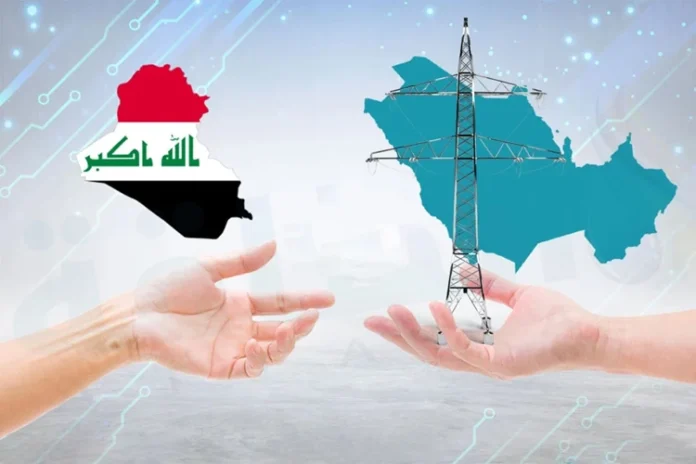It appears to be that the concerned specialists have neglected to find an exit from the power emergency, particularly in the mid year, as they have gone towards electrical interconnection with adjoining nations, including Turkey, the Bay, and Jordan, as a feature of an arrangement planned to restore the energy organizations and get bigger amounts of power that Iraq needs.
In addition to the issue of gas shortages, which was resolved by the Sudanese agreement with the Iranian side, Iraq is about to pay hefty costs for electrical connection with the outside world without looking for solutions to the issues within. The issues are fully identified, particularly with regard to the transmission and distribution networks and their deterioration due to obsolescence.
“The project included the construction of the Kask transformer station (400 kV), and the use of ultra-fine thermal wires for the first time in the construction of the 115 km long line, as well as extending the (132 kV) line to Tal Afar, and installing voltage stabilization capacitors,” according to a statement released by the media office of Prime Minister Mohammed Shia al-Sudani.
He made sense of that “the line will permit the exchange of 300 megawatts from Turkey to Iraq to supply the governorates of Nineveh, Salah al-Racket, and Kirkuk during expanded loads.”

The leader authority proceeds with its energy projects, notwithstanding the significant expenses that will be brought about by the spending plan and might be in light of a legitimate concern for different nations.
Free legislator Abbas Al-Maliki affirmed that the electrical association with Jordan and Egypt came at the command of the US, as Washington attempted to push Baghdad towards serving the interests of its partners in the locale, including the two previously mentioned nations.
“These two countries suffer from a shortage of electrical energy on a daily basis, and there is no point in extending an electricity network with them, especially since Iraq will pay millions of dollars to complete the project of extending power lines with the two countries,” he stated in a statement to
He called attention to that “the principal recipient of expenditure a great many dollars on electrical cables between Iraq, Egypt and Jordan is the American side and the organizations subsidiary with Washington and working in the field of power.”
On the other hand, Abbas Al-Atfi, a former MP, discussed the most significant causes of the country’s declining electricity sector and an increase in the number of hours citizens are without power.
Al-Atfi made sense of to , “The issue lies in the bottlenecks in the transmission and conveyance stations, and the absence of a specialized arranging vision in the service, which requires a survey of the multitude of joints of the Service of Power, and what is connected with the dissemination divisions specifically.”

e brought up that “the power emergency doesn’t have anything to do with agreements and organizations working in the energy area.”
Expert Ahmed Abdel Rabbo deemed the electrical connection with neighboring nations to be unsuccessful from an economic standpoint.
“Investing electricity within the country is the most successful experience, and energy production is the ideal solution,” he stated, noting that “the electrical connection could be a support project after production is finished.”
He went on to say, “The electrical connection with Turkey is expensive and does not work with the electrical system deficit,” and he urged the Iraqi government to “attract international companies to produce energy inside the country and develop toward clean energy.”





